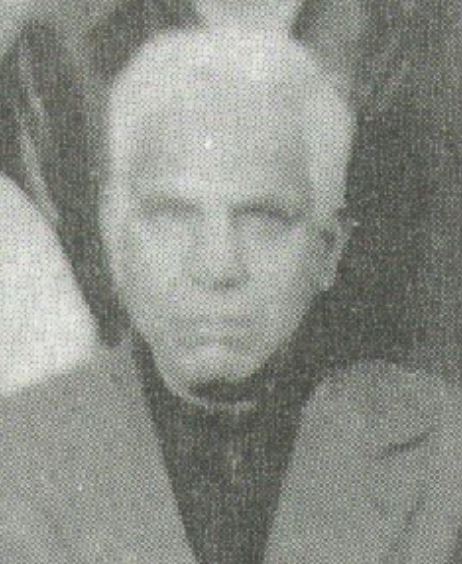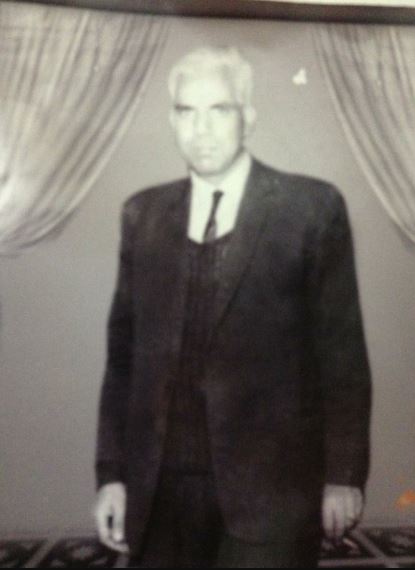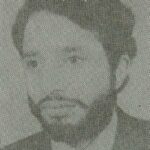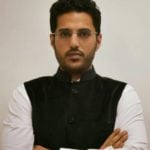Neelkanth Ganjoo Age, Death, Wife, Family, Biography & More
Quick Info→
Death Date: 04/11/1989
Death Cause: Murder
Age: 67 Years
| Bio/Wiki | |
|---|---|
| Profession | Judge |
| Famous for | Giving a death sentence to J&K Liberation Front founder and leader Maqbool Bhat in 1968 as a Sessions and District Court Judge in Jammu and Kashmir |
| Personal Life | |
| Date of Birth | 16 February 1922 (Thursday) |
| Birthplace | Srinagar, Jammu and Kashmir, India |
| Date of Death | 4 November 1989 |
| Place of Death | Hari Singh Street market near the high court in Srinagar, Jammu and Kashmir |
| Age (at the time of death) | 67 Years |
| Death Cause | Murder [1]The Hindu |
| Zodiac sign | Aquarius |
| Nationality | Indian |
| Hometown | Srinagar, Jammu and Kashmir, India |
| Educational Qualification | LLB |
| Religion | Brahmin |
| Caste/Ethnicity | Kashmiri Pandit [2]The Hindu |
| Family | |
| Wife/Spouse | Name Not Known |
| Children | Son(s)- SK Ganjoo, Vijay Kumar Ganjoo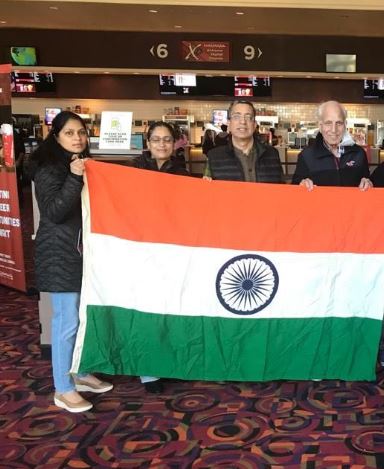 Daughter- Urmila Raina |
| Grand Children | Son- Anmol Ganjoo Daughter- Swapna Raina 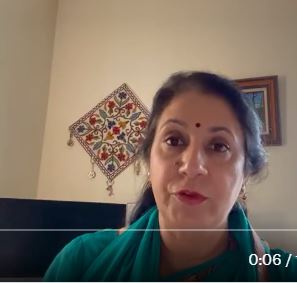 |
Some Lesser Known Facts About Neelkanth Ganjoo
- Neelkanth Ganjoo was an Indian judge who served at the Jammu and Kashmir high court. He was brutally murdered by terrorists belonging to Jammu Kashmir Liberation Front (JKLF) on 4 November 1989.
- He grew up in Srinagar, Jammu and Kashmir.
- While serving as a judge for the Sessions and District Court in the late 1960s, Neelkanth Ganjoo assumed the responsibility of overseeing the trial of Maqbool Bhat, who was the founder and leader of the J&K Liberation Front. This trial centred around the murder of police inspector Amar Chand in 1966. In August 1968, both Bhat and another individual were handed death sentences under Neelkanth Ganjoo’s jurisdiction. The Supreme Court upheld this decision in 1982. Consequently, Maqbool Bhat was executed on 11 February 1984 at Tihar Jail.
- Neelkanth Ganjoo concluded his tenure and retired in 1984.
- On 4 November 1989 Justice Neelkanth Ganjoo fell victim to a daylight shooting. Three terrorists affiliated with the Jammu Kashmir Liberation Front (JKLF) shot him dead while he was at the Hari Singh Street market, near the high court in Srinagar. The heinous act was apparently provoked by his involvement in the Amar Chand murder trial. According to certain sources, on 4 November, Justice Ganjoo had visited a branch of the Jammu & Kashmir Bank situated on Hari Singh Street Market in Srinagar. Unfortunately, as he was surrounded by three militants, they fired several close-range shots at him, leading to his immediate death.
- Following his murder, an announcement was made on Radio Kashmir,
Unknown assailants gunned down a former Sessions Judge in Maharaj Bazaar, Srinagar.”
- The passing of Judge Ganjoo signified the second significant assassination of a prominent Kashmiri Pandit in a short timeframe. Prior to this incident, Bharatiya Janata Party leader Tika Lal Taploo had been murdered in September. The killing of Taploo served as the inaugural calamity linked to the ‘Azad Kashmir’ movement, a series of events that ultimately resulted in the compelled displacement of the Kashmiri Pandit community from the area.
- Earlier, in April 1984, Ganjoo’s residence had been targeted by Jammu Kashmir Liberation Front (JKLF) terrorists with a planted bomb. Nevertheless, Neelkanth managed to survive the assault.
- During an interview, Vijay Kumar Ganjoo, the son of Ganjoo, recollected how his father’s assassination had a profoundly ‘devastating’ impact on their family. He said,
We left much before 1990. Before the whole exodus took place, there was an attack on our family, my son was kidnapped… many other things.”
- Almost 34 years after the occurrence, on August 8, 2023, the State Investigation Agency (SIA) of the Jammu and Kashmir Police made the significant decision to reopen the case regarding the killing of retired Kashmiri Pandit judge Neelkanth Ganjoo by militants in 1989. The SIA initiated outreach to the general public, urging them to provide any information that could assist in uncovering the broader criminal plot behind Ganjoo’s murder. Issuing an official statement, the SIA extended a call to individuals who possessed knowledge of the facts or circumstances associated with Justice Ganjoo’s assassination. They encouraged people to come forward and share any details that could have a direct or indirect impact on the ongoing investigation. The statement further read,
Identity of all such persons shall be kept completely hidden and protected; all useful and relevant information shall be suitably rewarded.”
References/Sources:

